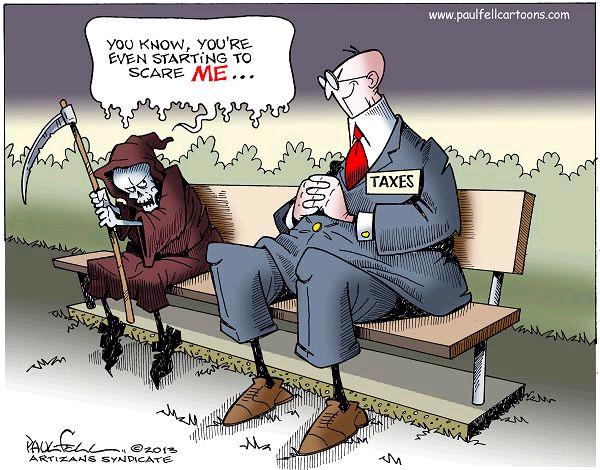
A few months ago the historical society submitted a proposal to the Michigan Council for the Humanities for a local history project, although it's actually more of an ethnographic, anthropological type project. We said we wanted to collect oral histories that focused on the emergence of Indian gaming and the impact of Indian gaming (i.e., casinos) on the local area. We thought Big, which is what I always do when writing grant applications. Ask for the maximum and hope you get a small piece of it.
I didn't think we actually had a prayer of being given the money. To be honest, I was sure our proposal did not meet SMART* criteria. I had no clue how we'd operationalize the thesis, assuming we even had a thesis, which I'm not sure we do. To me it all seemed remarkably vague. But, what the heck, doing proposals, even ones you don't think will get funded, is good practice.
A few days ago we received an email. Holy wah. The proposal was approved, and not just approved but approved for the full amount they were willing to give: $25,000. This is definitely a case of "be careful what you wish for." We're being handed a sizable chunk of change, all of which I'm going to end up having to track. I'm the Society's treasurer; ergo, I'm the Fiscal Officer for this grant. And unlike other grants we've received that mostly went for paying for stuff, this grant is going to spent on services: the person who does the interviews, the videographer standing (or sitting) close by with the camera, the person who transcribes tapes into pdfs, and so on. You know, people who just might end up on payrolls. People who will (and it pains me to type this) need to have taxes withheld from their wages. Social Security, Medicare, federal income, state income. . . it's not a happy thought.
I spent several hours today wandering around the Internal Revenue and State of Michigan websites feeling my eyes glaze over as I read page after page of bureaucratese and studying various forms trying to figure out what does or does not apply to the Historical Society. Part of me (a big part of me) is hoping that everyone who gets paid for their work on this project will opt to consider themselves independent contractors and let us weasel by with just giving them 1099s. I do know this is one grant where we're going to have to account for every penny spent -- the word "audit" pops up a lot in the information that accompanied the "Congratulations!" email. I tend to be remarkably anal about tracking the museum's money now so the actual documenting the money being spent shouldn't be difficult. I'm just not too thrilled with learning how to do the paperwork.
As for why we're focusing on the topic of Indian gaming, it's because Indian casinos were sort of born here in Baraga County. The case that always gets cited is California v. Cabazon, but an earlier case in which the United States government sued a member of the Keweenaw Bay Indian Community for illegally operating a casino laid the groundwork for Indian gaming nation-wide. In US v Dakota, the courts decided that an individual tribal member could not own or operate a casino, but a tribe as whole had rights individuals did not. Ergo, a tribal-owned casino might be legal. End result 30 years later? A multi-million dollar business and some really interesting history that needs to get documented before everyone who was there at the beginning is dead.
*Specific, Measurable, Attainable, Realistic, Timely
Don't pay wages, do on contracts?
ReplyDelete